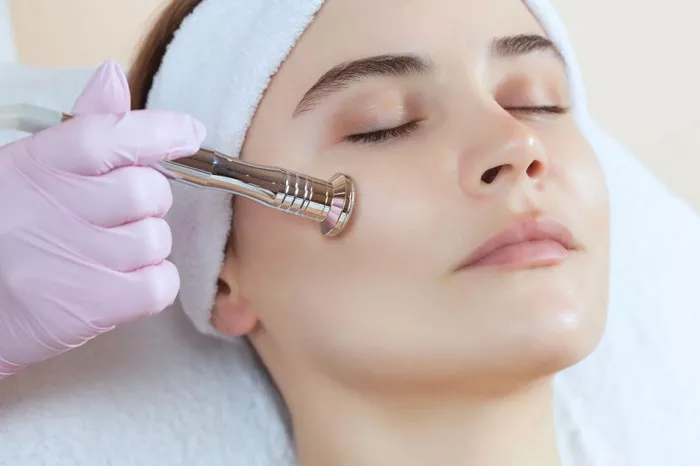As advancements in cosmetic procedures continue to evolve, more individuals are seeking minimally invasive options to address the signs of aging. The mini facelift, also known as a “weekend facelift” or “S-lift,” is gaining popularity for its ability to provide subtle rejuvenation without the extensive downtime associated with traditional facelift surgery. One common question that arises is: What age should you consider getting a mini facelift? In this article, we delve into the factors that influence the ideal age for a mini facelift, the benefits of the procedure, and considerations to keep in mind when contemplating this cosmetic option.
Understanding the Mini Facelift
The mini facelift is a targeted surgical procedure designed to address mild to moderate signs of facial aging, such as sagging skin, jowls, and loss of definition along the jawline and lower face. Unlike a full facelift, which involves more extensive tissue repositioning and incisions, the mini facelift focuses on specific areas of concern with smaller incisions. This approach results in less downtime and a quicker recovery period.
Factors Influencing the Ideal Age
The ideal age for considering a mini facelift can vary based on several factors, including genetics, lifestyle, and individual goals. While there is no specific age threshold that applies universally, certain considerations can help determine if you’re a suitable candidate for the procedure:
Early Signs of Aging: If you’re in your 40s to 50s and beginning to notice mild sagging and loss of facial volume, a mini facelift may be a suitable option. This procedure can effectively address early signs of aging before they become more pronounced.
Skin Elasticity: The elasticity of your skin plays a significant role in determining candidacy. Patients with relatively good skin elasticity tend to achieve better results from the procedure.
Realistic Expectations: A mini facelift is not a one-size-fits-all solution. Patients seeking subtle improvement rather than dramatic transformation are often more satisfied with the results.
General Health: Good overall health is a crucial consideration for any surgical procedure. Individuals with medical conditions that could affect healing or recovery may need to postpone or reconsider the timing of the procedure.
Benefits of a Mini Facelift
Minimally Invasive: The mini facelift involves smaller incisions and a less invasive approach compared to a traditional facelift, resulting in reduced scarring and a quicker recovery period.
Localized Improvement: This procedure targets specific areas of concern, allowing for precise improvement in the jawline, jowls, and lower face without affecting the entire face.
Natural-Looking Results: A mini facelift provides subtle and natural-looking results that enhance the overall appearance while maintaining the individual’s unique features.
Less Downtime: The recovery time for a mini facelift is generally shorter than that of a full facelift, making it an attractive option for those with busy lifestyles.
Considerations for Candidates
While age is a factor in determining candidacy, other considerations are equally important:
Consultation: A consultation with a board-certified plastic surgeon or a qualified medical professional is essential to assess your unique needs, goals, and suitability for the procedure.
Skin Quality: The condition of your skin, including texture and elasticity, can impact the results. Patients with better skin quality often achieve more favorable outcomes.
Combination Treatments: Depending on your individual concerns, a plastic surgeon may recommend combining the mini facelift with other procedures such as dermal fillers, Botox, or skin resurfacing for comprehensive rejuvenation.
Long-Term Planning: While a mini facelift can provide several years of rejuvenation, it does not halt the natural aging process. Patients should have realistic expectations about the longevity of the results and be open to maintenance treatments as needed.
Conclusion
The decision to undergo a mini facelift is a personal one that should be based on individual goals, concerns, and considerations. While there is no specific age requirement, individuals in their 40s and 50s who are experiencing mild to moderate signs of aging often benefit from this procedure. A mini facelift can provide localized improvement, natural-looking results, and a shorter recovery period compared to traditional facelift surgery. If you’re considering a mini facelift, scheduling a consultation with a board-certified plastic surgeon or qualified medical professional is the first step in determining if this procedure aligns with your aesthetic aspirations and overall well-being. By making an informed decision and collaborating with a skilled practitioner, you can achieve a rejuvenated appearance that enhances your confidence and self-esteem.

